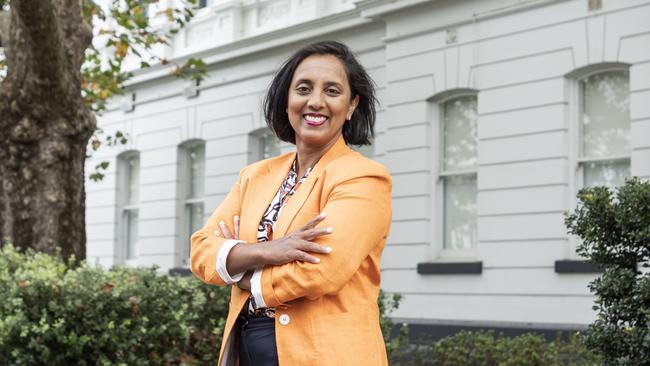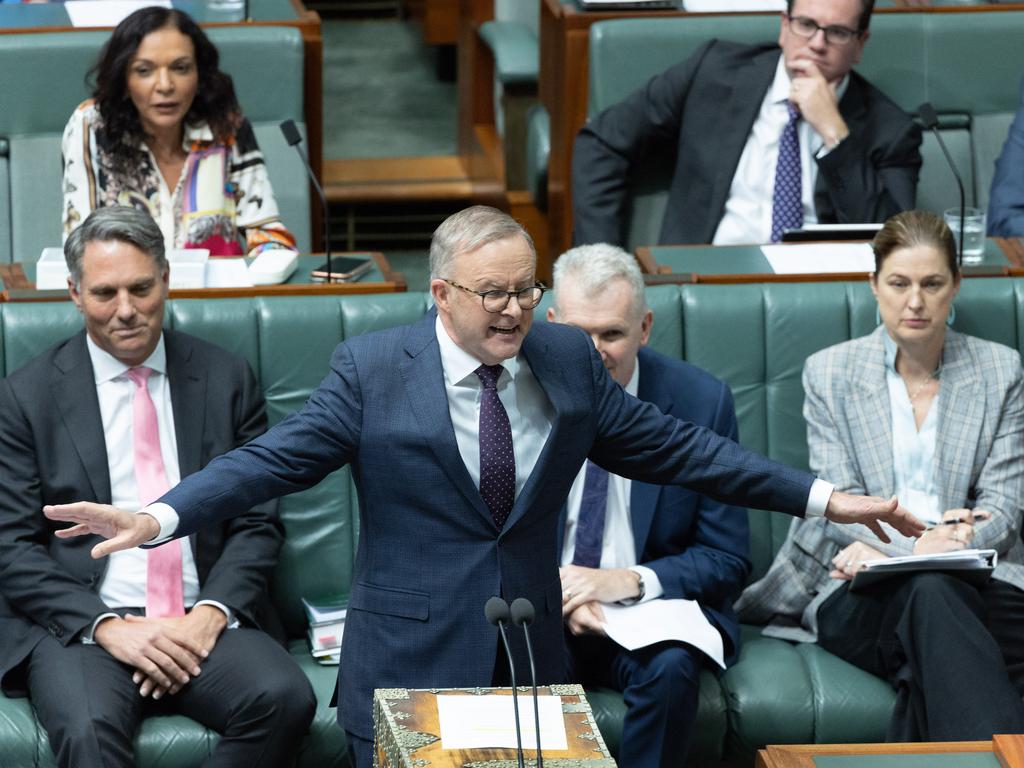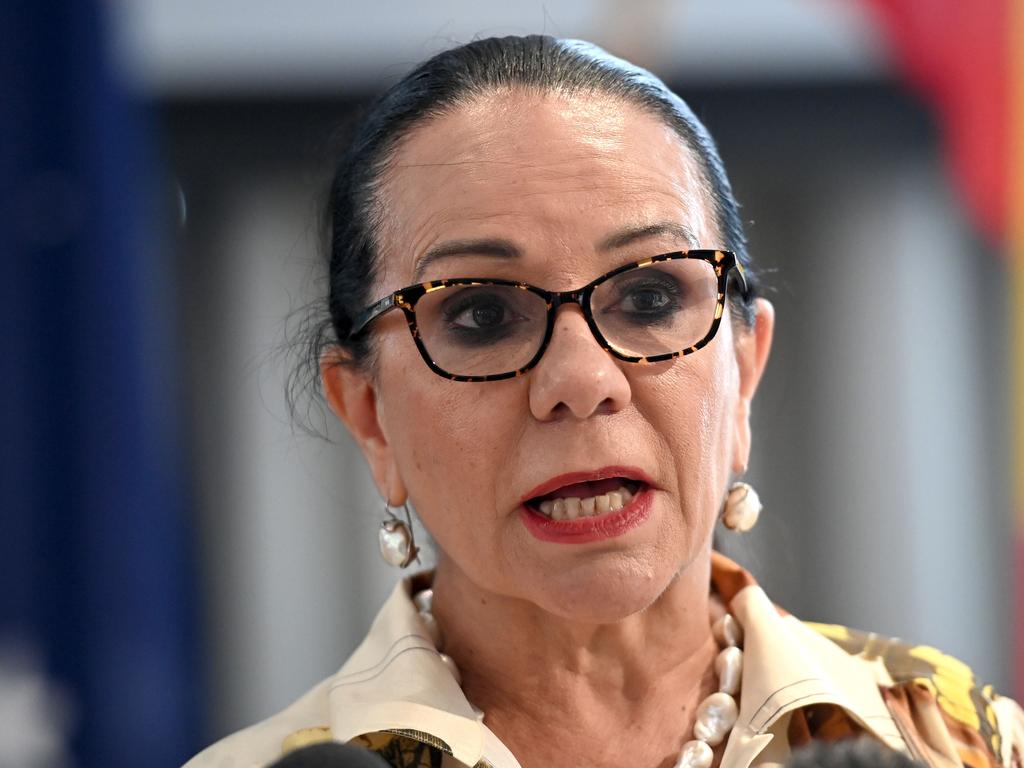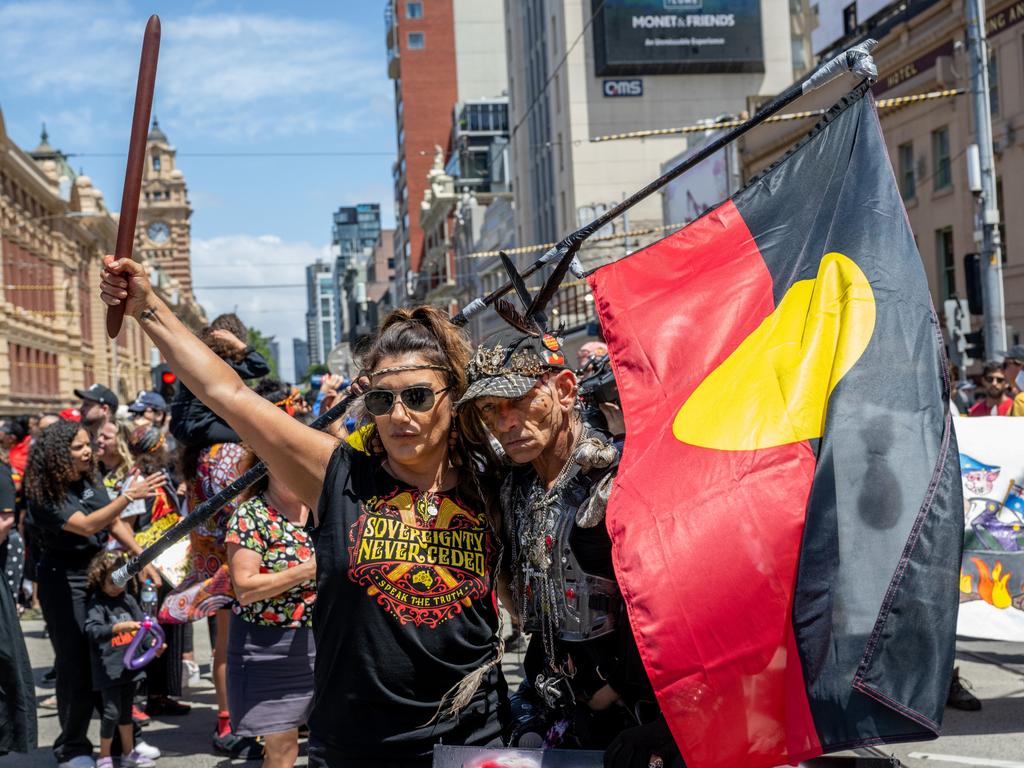
The Whitlam government’s National Aboriginal Consultative Committee (1973-77) was replaced by the National Aboriginal Conference (1977-85), which in turn was scrapped to make way for the Aboriginal and Torres Strait Islander Commission (1989-2005). The Council for Aboriginal Reconciliation (1991-2000), the National Indigenous Council (2005-07), the National Congress of Australia’s First Peoples (2009-19) and the Prime Minister’s Indigenous Advisory Council (2013-19) were established with the same objective of allowing Indigenous voices to be heard in the corridors of power.
“Billions of taxpayer dollars have been spent, but the results speak for themselves – statistics on education, housing, domestic violence and health that are a national disgrace,” Ananda-Rajah told parliament in an adjournment speech in November last year. “To paraphrase Einstein, we can keep doing the same thing over and over again, but don’t expect a different result.”
Ananda-Rajah, a Labor MP, is confident that voice to parliament 8.0 will succeed where versions one to seven failed. Those not bound by the solidarity of the Labor caucus are entitled to be more sceptical.
There is little evidence that the Albanese government has bothered to absorb the lessons of previous well-intentioned but failed attempts to bring Indigenous representatives to the table. Had it done so, it would have avoided trying to rush the voice through in its first year of government, the mistake Gough Whitlam made in 1973.
Elections for the National Aboriginal Consultative Committee were held on November 24, 1973, just 354 days into office. Confusion abounded. Writing in The Age in September 1973, Michelle Grattan described it as a “Black Parliament”, despite the government’s insistence that it would be merely advisory.
Senator Neville Bonner, the only elected Indigenous voice in parliament at that time, described it as a form of apartheid: “To have a separate parliament and a separate electoral roll on which only Aboriginal people will be listed will divide the Aboriginal people not only among themselves but also from the rest of the Australian community. I give a warning here and now that this will cause a lot more trouble than people seem to realise.”
Electoral officials had just 18 days to assemble a voting register. Only 27,000 of the 116,000 Aboriginal Australians recorded in the 1971 census voted.
The 41 elected members were paid a salary of $6000, roughly equivalent to the average wage, plus expenses. At their first meeting on December 18, the one and only demand was that their salaries be doubled, secretaries allocated to each member and that they be issued with cars.
Those demands not being met, the committee emerged from its second meeting in February 1974 with a threat to walk out.
It was followed by a demand for complete control over the $114m allocated to Aboriginal affairs.
The Canberra Times expressed puzzlement at the emphasis being put on “personal emoluments … rather than what is the object of the whole exercise, the Aboriginal people as a whole”. While the experiment was “a worthy one”, the committee “will manifestly have to evolve considerably before it becomes a useful tool in giving the Aborigines a sense of participation in the making of decisions affecting them”.
Thus, the first attempt to give Indigenous Australians a voice to parliament fell foul of the iron law of government funding: the first and often only beneficiaries of programs are those paid to administer them.
The lack of detail on the latest proposal, including crucial information on how much members of the voice will be paid and who will hold them to account, gives us little confidence that it will be able to avoid the pitfalls of its predecessors. There is no guarantee that it will not become just another sinecure for the Aboriginal elite, remote from the lives of those it is intended to serve.
Perhaps the most crucial omission is a statement about what constitutes success. Is it to ensure that Aboriginal Australians stand on an equal footing with their fellow citizens, giving them the same opportunities as every other Australian to strive for a better life?
Or is success a formal gesture of reconciliation, be it a reference in the Constitution, a parliamentary advisory body, a treaty of sovereign independence, the establishment of a truth commission, or all of the above?
That appears to be the view of Anthony Albanese. Last week the Prime Minister declared the argument between constitutional recognition and practical outcomes to be “a false choice”.
“We need constitutional recognition to improve practical outcomes,” he said. “It sends a message to Aboriginal and Torres Strait Islander people: we’re serious about making this work, over the long-term.”
Albanese’s proposal is but the latest iteration of the failed technocratic approach to Aboriginal affairs now 50 years old. It holds that the physical and emotional needs of Indigenous Australians will be met only once social justice, property rights and compensation have been secured.
Anthropologist Peter Sutton is one of the few former advocates of this approach to renounce it. In his seminal 2010 book The Politics of Suffering, Sutton documents the breakdown in social order, the decline of literacy and health in towns such as Aurukun since the 1970s.
Our mistake, he argues, was to imagine that the solutions to human problems lie in politics and law rather than in the practical application of basic human rights. “This unscientific mumbo jumbo beggars belief,” Sutton writes. “It relies on a kind of magical cause-and-effect relationship, as if a treaty between ‘races’ will keep children safe in their beds at night.”
In a speech to the Chifley Research Centre last week, Albanese brushed off the request for more detail as an attempt to drum up outrage by people trying to start a culture war. “There are always those who want to create confusion and provoke division, to try and stall progress,” he said. Yet stalling what the Prime Minister describes as progress might not be such a bad thing after five decades of watching good intentions turn sour.
The saving grace of the seven previous bodies is that they could be reformed or abolished by a democratically elected parliament if they went astray.
This one will be established under constitutional authority, which means, for better or worse, that we’ll be stuck with it forever.
Nick Cater is executive director of the Menzies Research Centre.








We are indebted to the member for Higgins, Michelle Ananda-Rajah, for adding a concise history of Indigenous voices to parliament to the parliamentary record.